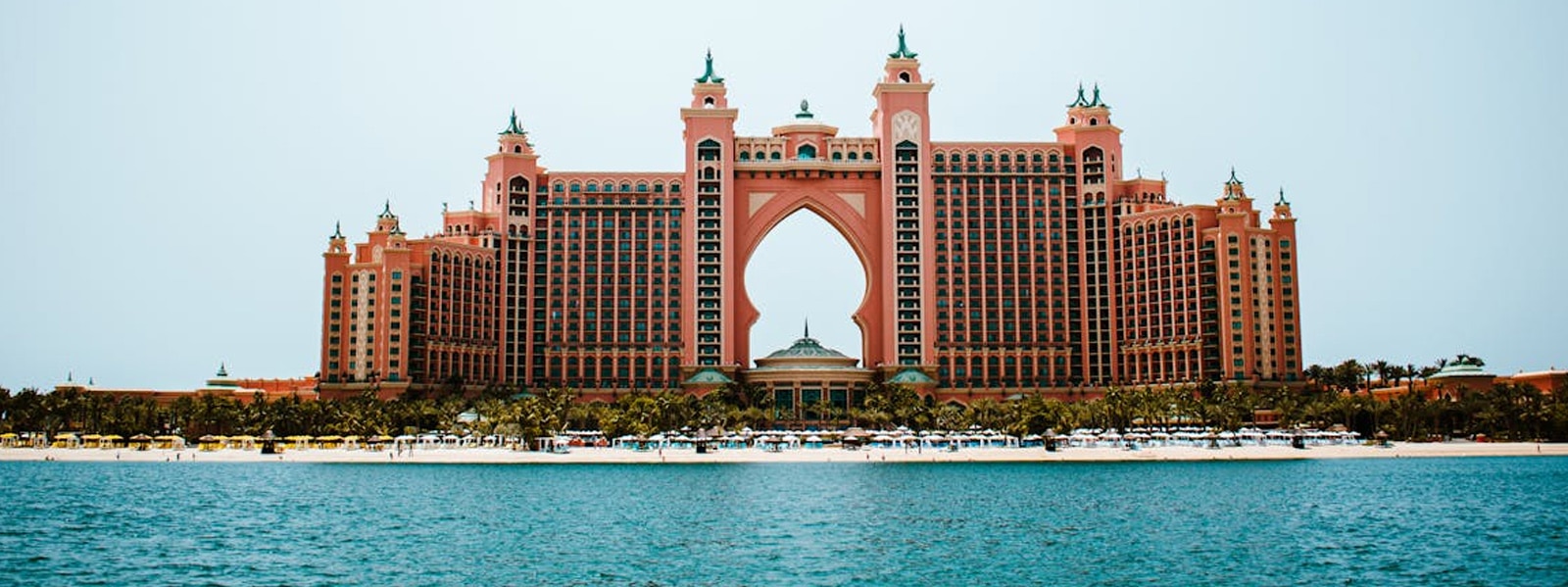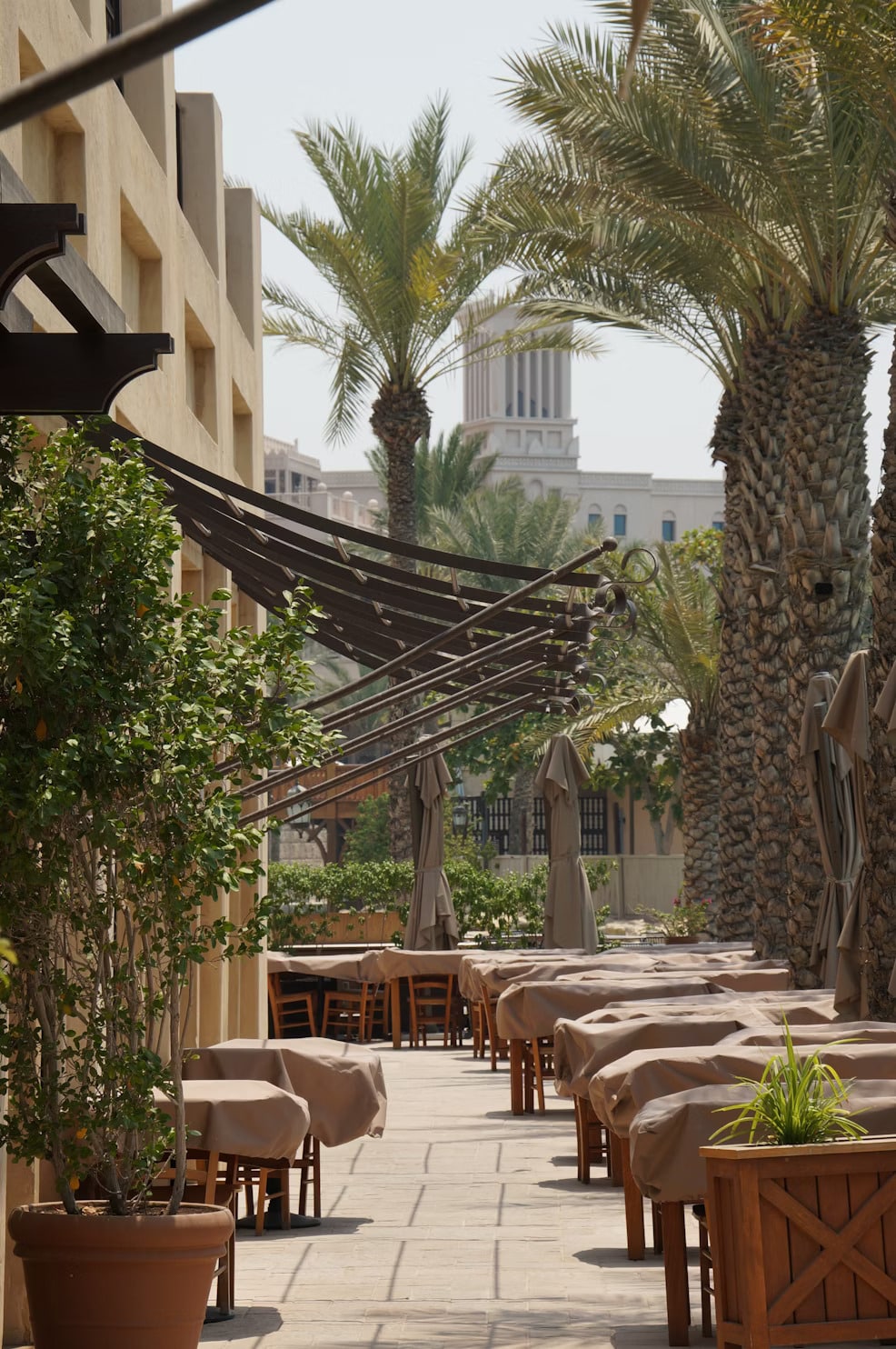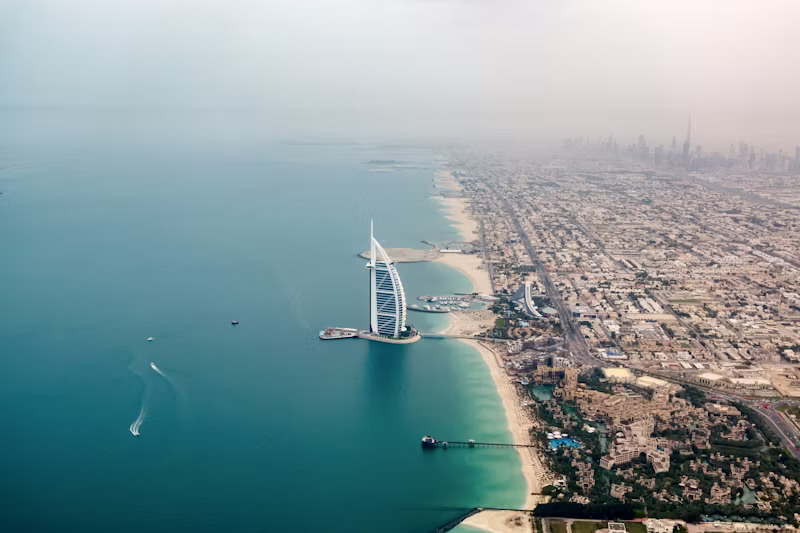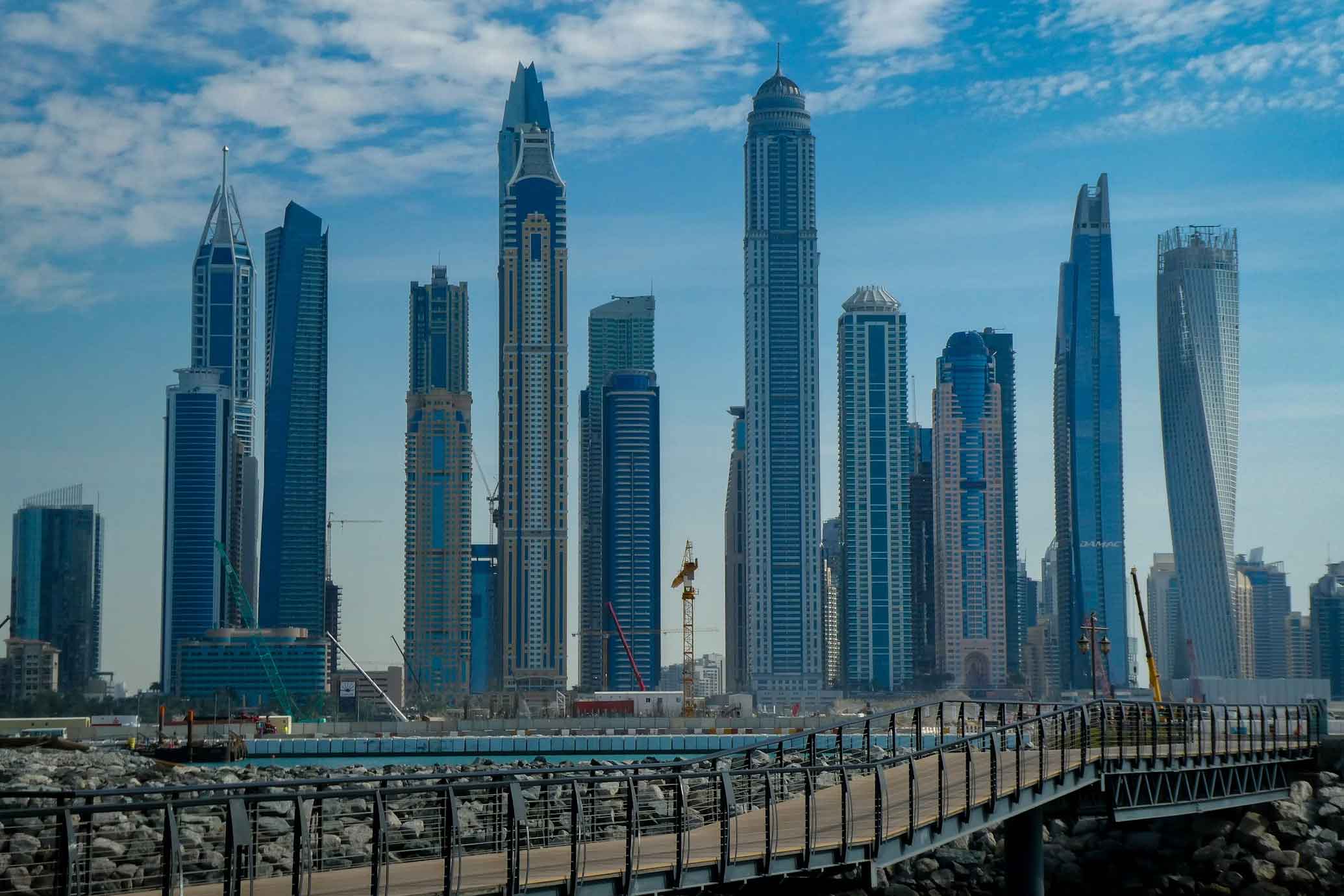The Middle East’s dining scene is undergoing a vibrant transformation. Diners are seeking more than just a delicious meal; they crave an immersive and interactive experience that blends culinary delights with captivating environments and engaging activities. Entertainment dining caters to a growing demographic of young, social media-savvy individuals who seek unique experiences to share with friends and family. Globalization and the influence of international cuisines are further fueling this trend, as diners become more adventurous and open to exploring new flavors.
Rise of Experimental Dining
For example, Dubai’s The Palm Jumeriah boasts a stunning underwater restaurant, Ossiano, where diners can marvel at exotic marine life while enjoying exquisite seafood dishes. In Abu Dhabi, Teatro offers a vibrant and interactive dining experience with live music, themed nights, and open kitchens. Restauranteurs in the Middle East have their finger on the pulse of the culture when it comes to these trends. As operators explore new ventures, consider working with a hospitality finance expert like Paperchase to make the best decisions for your restaurants. While experimental dining is trendy, it can host more complicated financial operations than a traditional restaurant. Different revenue streams and uncommon expenses are areas that Paperchases specializes in. We offer streamlined financial reports that give restauranteurs the foresight they need to empower their business.
Luxury in the Middle East Food Market
For those seeking an unforgettable culinary experience, the Middle East offers a plethora of luxurious dining options. These high-end establishments boast exclusive locations, world renowned chefs, and impeccable service. From breathtaking views to meticulously curated menus, luxury restaurants cater to a discerning clientele. Paperchase’s hospitality accountants represent Salvaje, a restaurant that is bringing the heat to this growing market in Dubai. This exciting concept, located at the base of the infamous Burj Khalifa, offers an innovative approach to Japanese signature cuisine with a fusion of tradition and design. This unique culinary experience is perfect for connoisseurs of haute cuisine or those seeking stunning city views with a global experience. Salvaje is the epitome of a global sensation with locations expanding from the highly modern global city of Dubai to the tropical metropolitan epicenter of Miami, attracting the most exclusive visitors to a gastronomic experience that will leave you wanting to come back for more.
Fusion of Flavors

The Middle Eastern palate is no longer confined to traditional flavors as international influences are inspiring chefs to create innovative fusion dishes that combine local ingredients with global techniques. The region’s culinary scene is a melting pot of cultures, from Japanese-inspired sushi restaurants in Dubai to Levantine cuisine with a French twist in Beirut. Arabic-Asian fusion is one of the most prominent flavors in this trend. Chefs in this region are putting their Middle Eastern twist on classic Asian dishes such as falafel sliders made with soy sauce in the UAE. Food festivals and pop-up events are also popping up around the region in growing cities like Riyadh. It is important to have a hospitality accountant who can evaluate these short-term concepts to analyze their long term profitability. These events allow chefs to contribute to the diverse culinary flavors in the industry but also market their business to attract new customers.
Technology and the Future of Dining
Middle Eastern restauranteurs are redefining the dining experience through a fusion of tradition and innovation. Beyond the tantalizing flavors and exquisite presentations, technology is playing a pivotal role in enhancing culinary journeys. Interactive dining experiences, such as augmented reality menus and personalized food recommendations based on guest preferences, are becoming increasingly common. Mobile ordering and contactless payment options streamline the dining process, while smart kitchen technology ensures efficient operations and consistent food quality. Additionally, the region’s focus on sustainability is evident in the integration of hydroponic and vertical farming systems, allowing for fresh, locally sourced ingredients year-round. As a result, guests can savor dishes that are not only quality but also reflect the region’s commitment to environmental responsibility. Digital menus and ordering systems are streamlining the dining process, while online reservations ensure a seamless experience, adapting to the region’s busy lifestyles and desire for convenience.
Conclusion
As the industry continues to innovate, the complexities of financial management become increasingly critical. Paperchase’s hospitality finance experts offer invaluable support to restaurateurs navigating this dynamic environment. By providing tailored financial solutions and insights, Paperchase empowers businesses to make informed decisions, optimize operations, and achieve long-term success. As the Middle East’s dining scene matures, collaboration between culinary visionaries and financial experts will be essential in shaping the future of the industry. By leveraging the expertise of financial partners like Paperchase, restaurateurs can confidently embrace emerging trends, mitigate risks, and capitalize on the extraordinary growth opportunities presented by the Middle Eastern market.
Read more
























